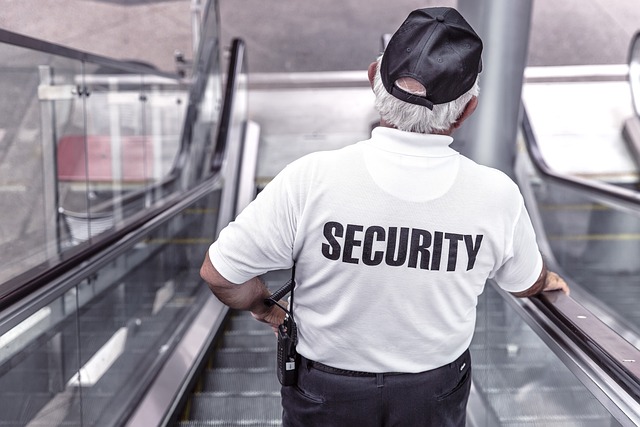What Sets Security Companies Apart in Different U.S. Cities?
From Miami to Houston, security companies vary in more than location. Training focus, service areas, and client demands all shape how they operate. Exploring these differences may reveal what drives the profession and how it adapts to each community’s unique needs.

How do regional crime patterns influence security company operations?
Security companies tailor their services to address the specific crime patterns and security concerns of each city. In New York City, for instance, companies may focus more on preventing theft and managing large crowds due to the high population density and tourist influx. Conversely, security firms in Los Angeles might emphasize residential security and celebrity protection services. Understanding local crime statistics and trends allows security companies to develop targeted strategies and allocate resources effectively.
What role does training play in shaping security professionals’ responsibilities?
Training is a crucial factor that sets security companies apart in different cities. The focus and intensity of training programs can vary significantly based on local regulations and client needs. For example, security personnel in Washington D.C. might receive extensive training in counterterrorism and government protocol due to the city’s political significance. In contrast, security guards in Las Vegas may undergo specialized training in crowd control and surveillance techniques to manage the unique challenges posed by the city’s entertainment industry.
How do commercial and residential security needs differ across cities?
The balance between commercial and residential security services can vary greatly depending on the city’s economic landscape. In financial hubs like New York City or Chicago, security companies often prioritize commercial clients, offering specialized services for high-rise office buildings, banks, and corporate events. Meanwhile, in suburban areas or cities with a higher proportion of single-family homes, such as Phoenix or Dallas, residential security services may take precedence, focusing on home alarm systems, neighborhood patrols, and personal protection.
What trends are emerging in bilingual security services across U.S. cities?
The demand for bilingual security personnel is on the rise, particularly in cities with diverse populations. In Miami, for instance, security companies often require their staff to be fluent in both English and Spanish to effectively communicate with the large Hispanic community. Similarly, in San Francisco, there’s a growing need for Mandarin-speaking security professionals to cater to the city’s significant Chinese population. This trend reflects the importance of cultural competence and effective communication in the security industry.
How do local hiring practices and company focus vary between cities?
Local hiring practices and company focus can differ significantly across U.S. cities. In cities with a strong union presence, such as Chicago or Boston, security companies may prioritize hiring union members and offer more comprehensive benefits packages. In contrast, cities with a large pool of military veterans, like San Diego or Norfolk, might focus on recruiting former service members for their security roles. Additionally, some cities may have a higher concentration of specialized security firms catering to specific industries, such as tech security in Silicon Valley or maritime security in coastal cities like Seattle.
What unique challenges do security companies face in different urban environments?
Security companies encounter diverse challenges based on the urban environment they operate in. In densely populated cities like New York or San Francisco, navigating crowded streets and managing high-rise building security pose unique obstacles. Companies in these areas often invest in advanced surveillance technology and develop efficient response protocols for multi-story structures.
In contrast, security firms in sprawling cities like Los Angeles or Houston may face challenges related to longer response times and the need for more mobile patrols. These companies might focus on developing robust communication systems and strategic patrol routes to cover larger areas effectively.
Cities prone to natural disasters, such as Miami (hurricanes) or San Francisco (earthquakes), require security companies to have specialized emergency response plans. This includes training personnel in disaster preparedness and establishing protocols for protecting clients and assets during crisis situations.
Furthermore, security companies operating in cities with high tourism, like Las Vegas or Orlando, must be adept at handling large, transient populations. This often involves collaborating closely with hospitality businesses and implementing crowd management techniques specific to tourist-heavy areas.
By understanding and adapting to these unique urban challenges, security companies can tailor their services to meet the specific needs of each city they serve, ultimately providing more effective and relevant security solutions to their clients.




